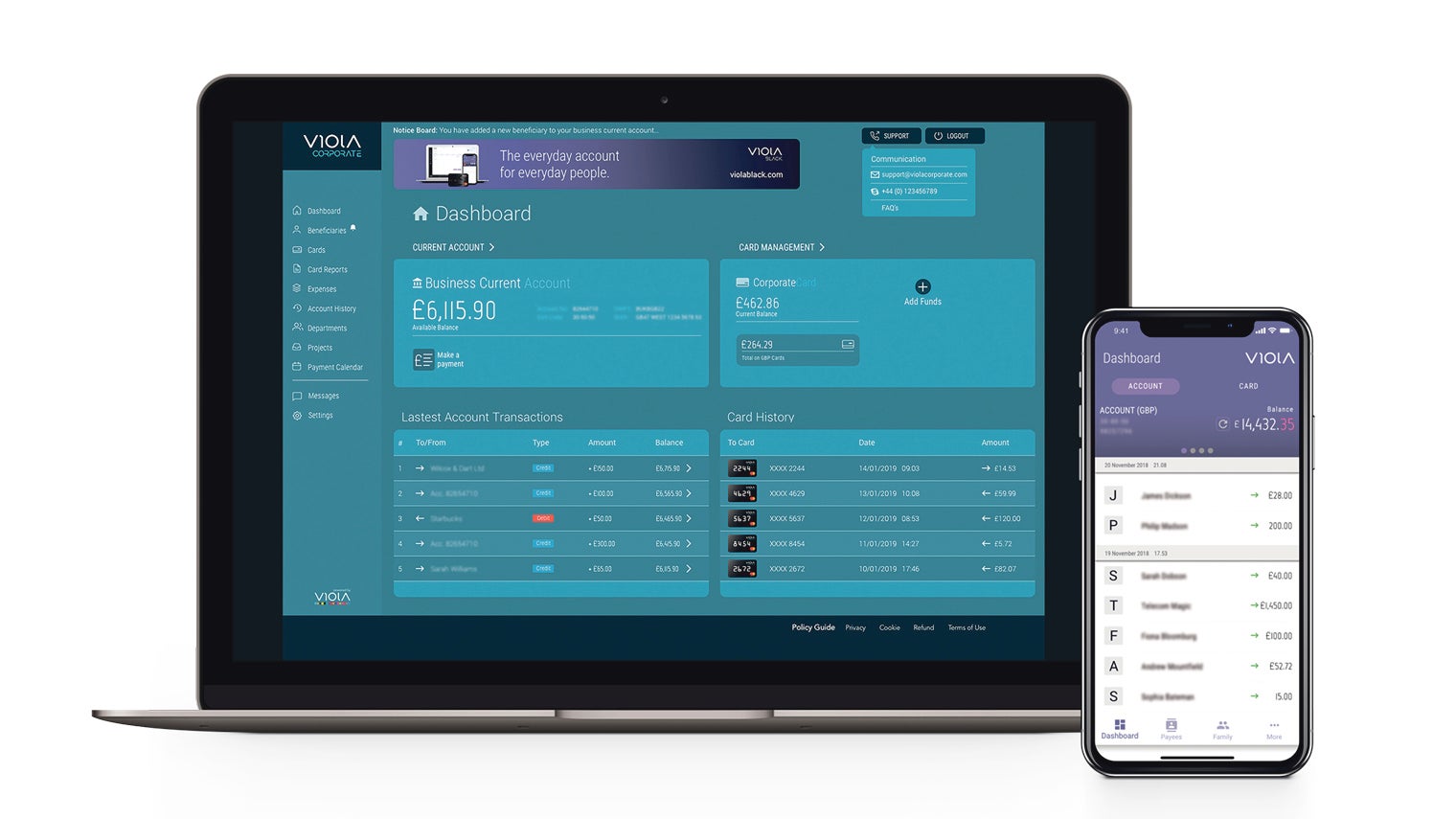More than a decade since the launch of the iPhone, service consumers are fuelled by a desire for technology-enabled convenience. Consumers can now do and buy practically anything through a frictionless and seamless experience on a smartphone.
This craving for convenience and dislike for anything that hinders the speed and ease at which actions can be carried out has driven the rise of fintech. Few instruments have been more disrupted than cash, the historic form of remittance that endured centuries of technological advancements, but is now viewed as an enemy of the digital age.
The dominant antidote to cash-hating consumers has been contactless payments. First introduced in the UK by Barclays in 2007, payments completed simply by tapping your card or smart device on a point-of-sale terminal are now more popular than chip and PIN transactions in stores across the country.
We are constantly looking for alternative ways of giving our users the convenience they desire, while at the same time reducing the risk
However, is the convenience of completing a transaction slightly quicker worth the risks? In 2017, contactless card fraud overtook cheque scams for the first time reaching £5.6 million, according to trade organisation UK Finance, and the national reporting centre for fraud and cybercrime, Action Fraud, reported at the beginning of 2019 that such types of theft now account for more than half of debit and credit card crime.
“It is a massive problem and will continue to be so for as long as banks and other financial services companies continue using contactless, near-field communication technology to drive convenience to our customers,” says Christopher Hamilton, chairman of Viola Money. “All cards will be contactless shortly, so all the criminals have to do is stay in front of technology to continue capitalising on the convenience culture.”
Contactless theft can consist of such small amounts that many people don’t even realise they’ve been a victim of fraud. Among those who do, many don’t think they are losing out because by identifying a transaction as fraudulent they can get their bank to refund the amount. What they neglect to consider is the time and effort required to do so.
“There are 168 hours in a week, 40 of which you get paid for and 56 you should be sleeping, so for the 72 left to walk the dog, eat lunch or just enjoy life, how many do you want to give up telling someone on the phone that you didn’t make a £5.17 transaction that has shown up on your account?” asks Mr Hamilton. “The thieves won’t go for the round £30 because they don’t want you to spot your card has been compromised.
“Pick pockets are just not interested in your cash anymore; beyond contactless, they are also after your smartphones and online logins. Soon they will just discard the cash in your pocket in the pursuit of greater gains at the ATM or, worse, online. They don’t even have to go to the trouble of picking your pocket. How many times have you entered all the information required to pay for something on an airline or retail website that you thought was secure? It isn’t secure. Someone can get it; they just haven’t got yours yet.”

Examples of web and app-based products, Viola Corporate and Viola Black. For more information please visit: violacorporate.com and violablack.com
Viola provides the kind of digital products that are disrupting the financial services industry, but it refuses to sacrifice the protection of its customers for the sake of a few extra seconds of convenience. The firm prioritises security at the heart of its products.
Viola Black, the online account that anybody can open in minutes, offering a feature that allows users instantly to lock and unlock their card at the click of a button, ensuring they have complete control over their security. The company also promises never to link a customer’s principal bank account details to their Viola Black card.
“We are constantly looking for alternative ways of giving our users the convenience they desire, while at the same time reducing the risk,” says Mr Hamilton. “What Viola must do is balance the needs and the wants of our customers. Most customers need convenience and want security, but really it should be the other way around.
“Viola puts a tiny step between the two desires and smooths out the objective. The seconds that we add to the process of needing and wanting in the Viola customer journey is microscopic in comparison to the time it takes to overcome the effect of card crime. Seeing what is needed, watching what is happening and considering the results of our solutions will lead to a more secure environment for Viola and its customers.”
As consumer habits continue to evolve and the desire for conveniences grows further, Viola is committed to monitoring the habits and transactions of their customers to learn and adapt as required, not just online but from point-of-sale transactions too. Understanding what was bought, for how much and how long the transaction took is crucial to adapting to the ever-changing expectations of consumers in the digital age.
“Cash will disappear and that’s a fact,” says Mr Hamilton. “We just don’t need it anymore and it is becoming harder for some people to get hold of. It’s difficult to handle, costs money to bank and takes time to ensure that your till has a float. What we need to care about is who can’t have a bank account. Someone might have bad credit; they may have just moved in or have been recently divorced. So many reasons stand in the way of getting your own account and a debit card. Viola does not see that and provides an account that is open to all. But if the motive is crime then watch out, we will see you.”
For more information please visit violamoney.co.uk

